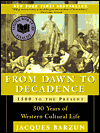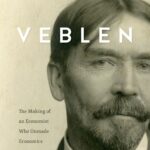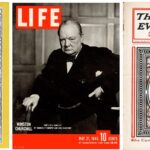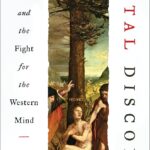Jacques Barzun is one of those scholars that the world of academia will likely never produce again. An historian, and author of thirty books, Barzun is a scholar who is rightly defined as a master of Arts and Letters. I came across his masterpiece “From Dawn to Decadence: 500 Years of Western Cultural Life” after it was recommended by a professor when I was a student in the liberal studies program at the University of Minnesota. This is a delightful book that really captures what liberal studies is all about, bringing the rigor of one form of scholarship to other subjects, or many. This book covers so many disciplines. On one page I am reading about the different words for man and woman in various languuages, and on another I learn that the word golf originated from a Dutch word kolf, which means club. Here are a couple passages from the book:
Topic: Venice’s neglected place in political and artistic history. “Who now thinks of Venice as a supreme creator in political science? The name raises only aesthetic ideas and even these are incomplete: Venetian painting and architecture–the collective memory stops there. They are solid, visible, much written about –Ruskin’s Stones of Venice is a monument itself. But Venice in its prime made no contribution to world literature–a curious fact since Ferrara, the home of Tasso and Ariosto, was only a day’s journey away; and this lack of [literature] may account for the forgetfulness about what Venice did contribute, because it is poems, tales, and plays, rather than paintings, that carry to posterity the details of life.”
Here is another insightful passage describing the Stoics: “But to practice Stoicism uses up energy to coerce the natural impulses; and among these it denies the urge to explore the world. Stoic and scientist is not a likely combination. True, Newton thought that studying the ways of Nature was trivial compared with interpreting Revelation; but other natural philosophers were neither true Christians nor old Stoics; they were Epicureans, which does not mean pursuers of pleasure, but believers in importance of the sensory world. Among them were some who earned the name Libertines–again not loose-livers, but freethinkers. This intellectual Emancipation did not simply facilitate the scientific enterprise; it also revived the hopeful vision of Man as capable of improvement and creator of Progress.”






